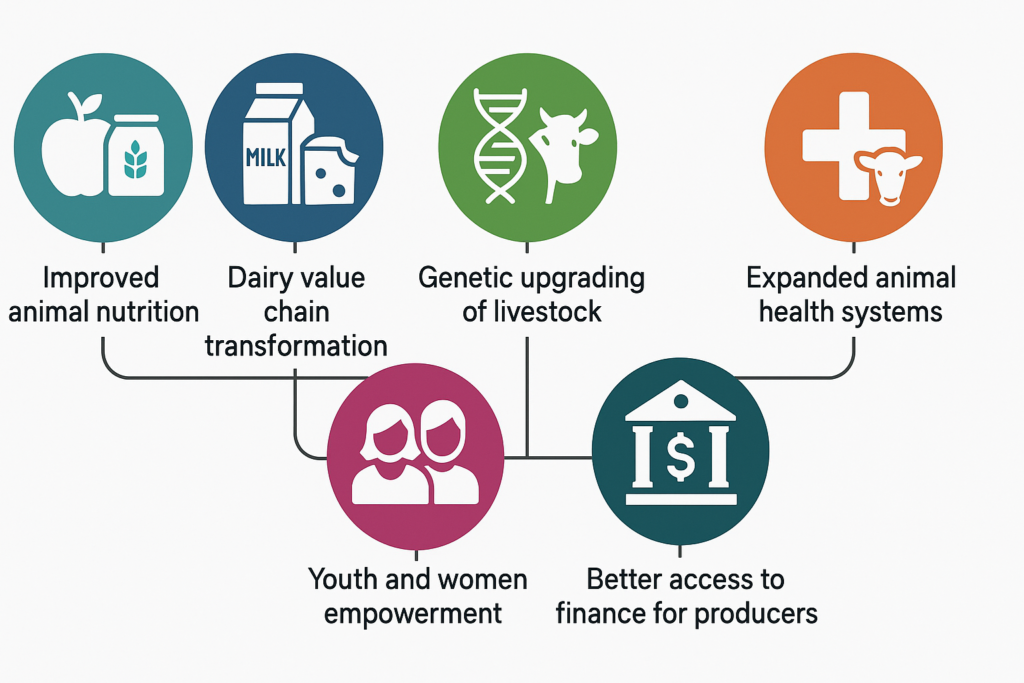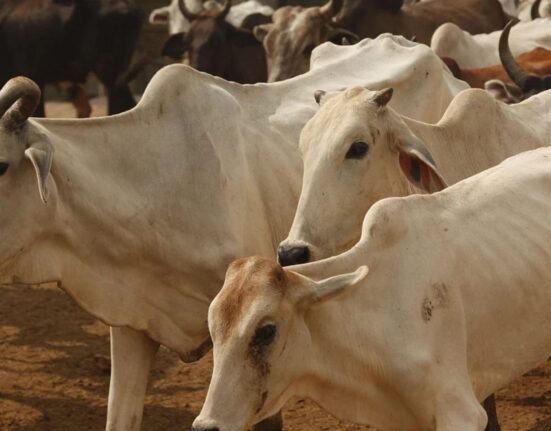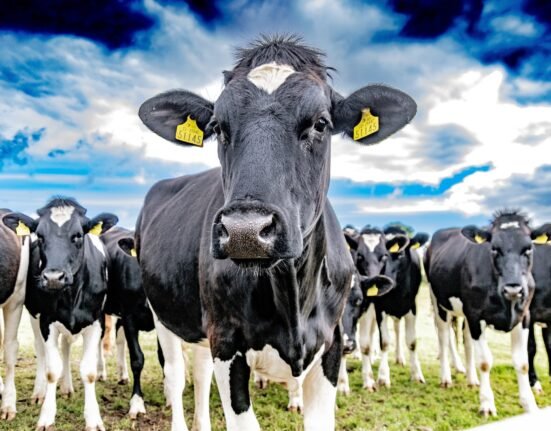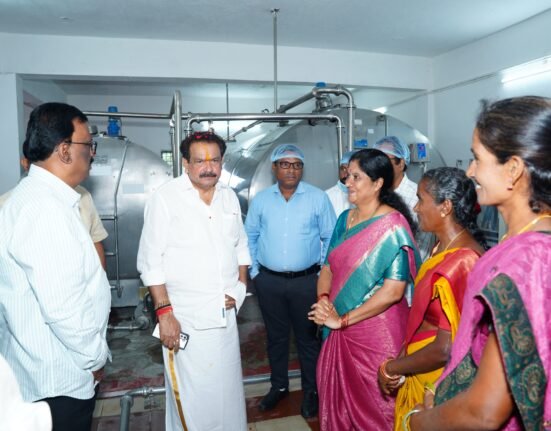Nigeria, West Africa’s largest dairy market, has unveiled an ambitious national plan to double domestic milk production to 1.4 million tons annually by 2030, aiming to reduce its heavy reliance on dairy imports and strengthen food security.
Unveiled by Idi Mukhtar Maiha, Minister of Livestock Development, the strategy hinges on the creation of Nigeria’s first National Council for the Development of Livestock, to be established by the end of 2025. This multi-stakeholder platform will guide sector growth, involving state governments, private dairy firms, pastoralist communities, and technical agencies.
Currently, Nigeria imports nearly 70% of its annual dairy consumption, estimated at 2.2 million tons, according to FAO data.
ūüźĄ A Six-Pillar Approach to Dairy Transformation
 The roadmap, called the National Livestock Growth Acceleration Strategy (NL-GAS), focuses on six strategic pillars:
The roadmap, called the National Livestock Growth Acceleration Strategy (NL-GAS), focuses on six strategic pillars:
- Improved animal nutrition
- Dairy value chain transformation
- Genetic upgrading of livestock
- Expanded animal health systems
- Youth and women’s empowerment
- Better access to finance for producers
Key milestones already underway include the development of a national animal genetics strategy and a massive scale-up in vaccine production‚ÄĒfrom 120 million to 850 million doses annually‚ÄĒat the National Institute for Veterinary Research (NIVR) in Vom.
ūü§Ě Private Sector Driving Growth
The government is collaborating with global and local dairy players in public-private partnerships (PPPs). Noteworthy projects include:
- Arla Foods’ 200-hectare dairy farm in Kaduna was launched in 2023
- Promasidor’s Ikun Dairy Farm in Ekiti pproduces10,000 lilitresf milk per day
- Ongoing initiatives with FrieslandCampina WAMCO, Zaidi Farms, Integrated Dairies, and support from FAO, Sahel Consulting, and CODARAN to modernise dairy practices for smallholders
‚ÄúWe are committed to creating a resilient and self-sufficient livestock ecosystem,‚ÄĚ said Minister Maiha. ‚ÄúWith the right investment and policy alignment, Nigeria‚Äôs dairy sector can transform into a regional powerhouse.‚ÄĚ
ūüĆć Why India Should Watch Nigeria’s Dairy Ambitions
With similar challenges surrounding fragmented supply chains, smallholder dominance, and input gaps, Nigeria’s integrated strategy presents a model worth examining for Indian policymakers and cooperatives seeking African partnerships or insights into livestock modernisation.
Indian dairy majors exploring African market expansions or development consulting, especially those in value-added processing, genetic improvement, and animal healt, ‚ÄĒmay








1 Comment